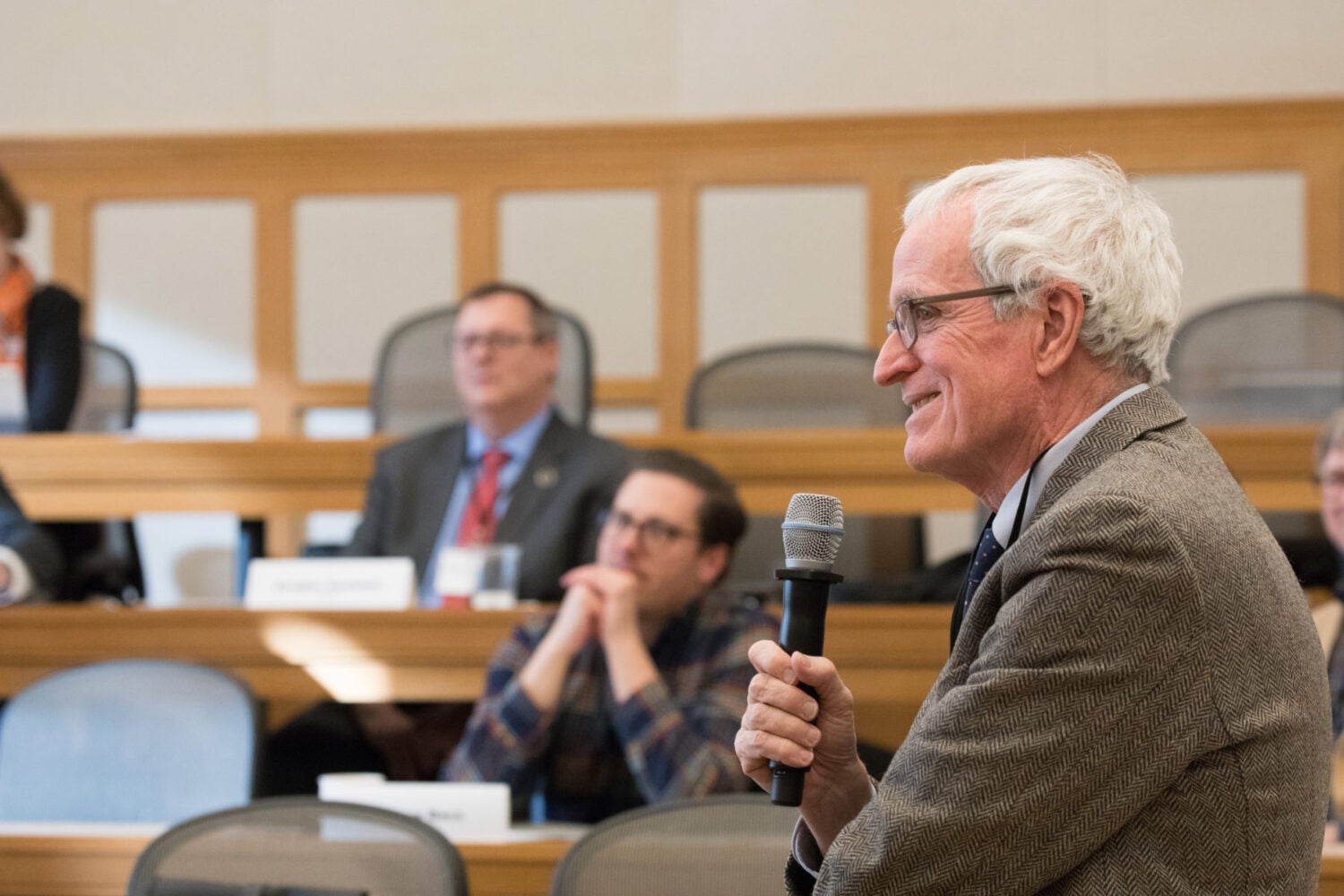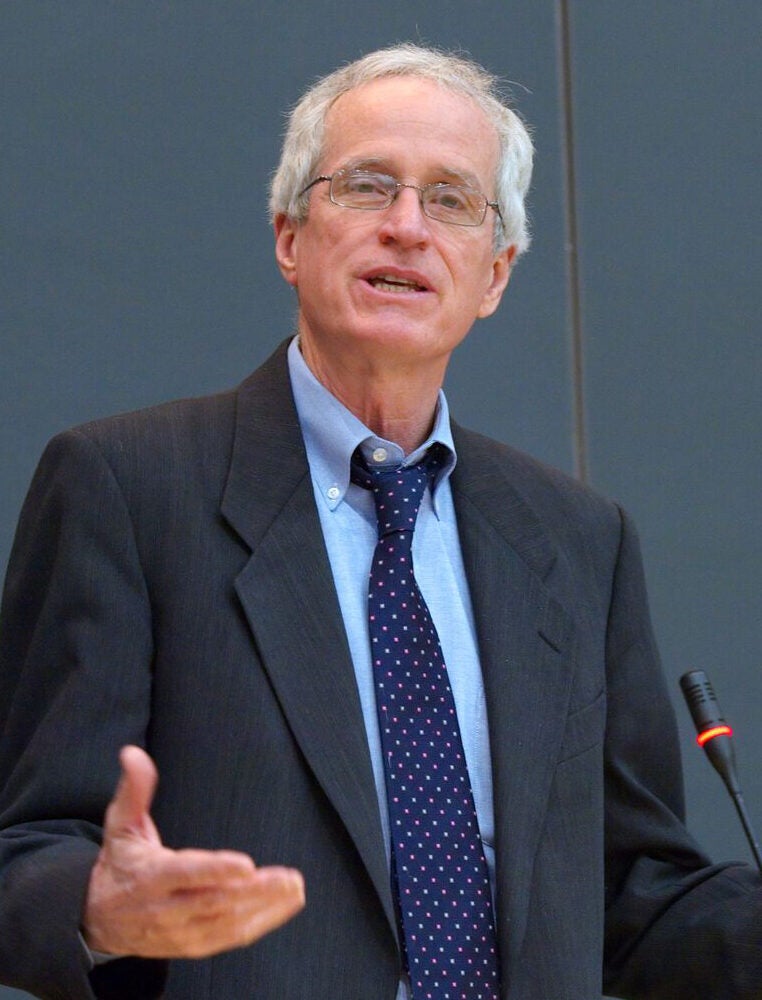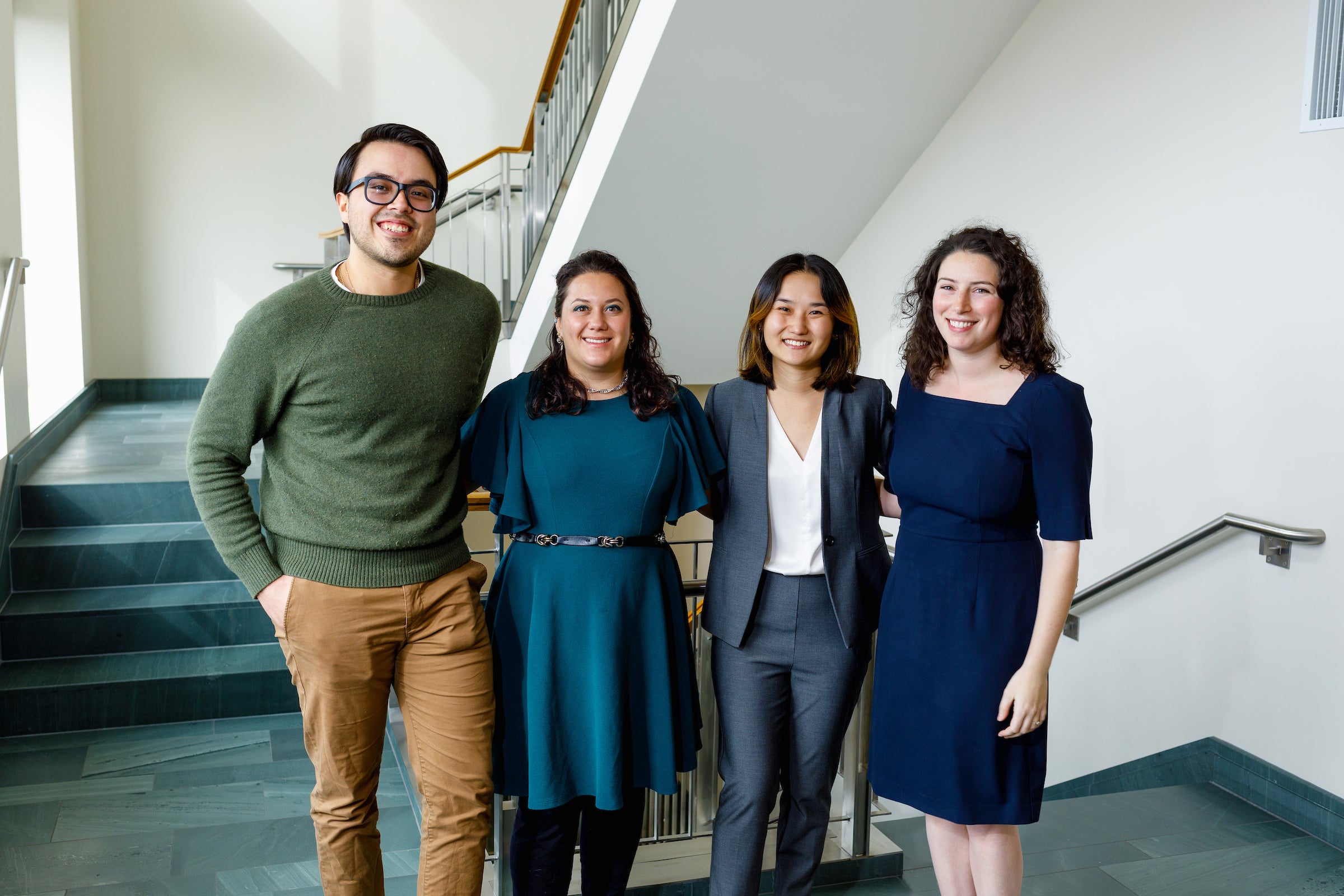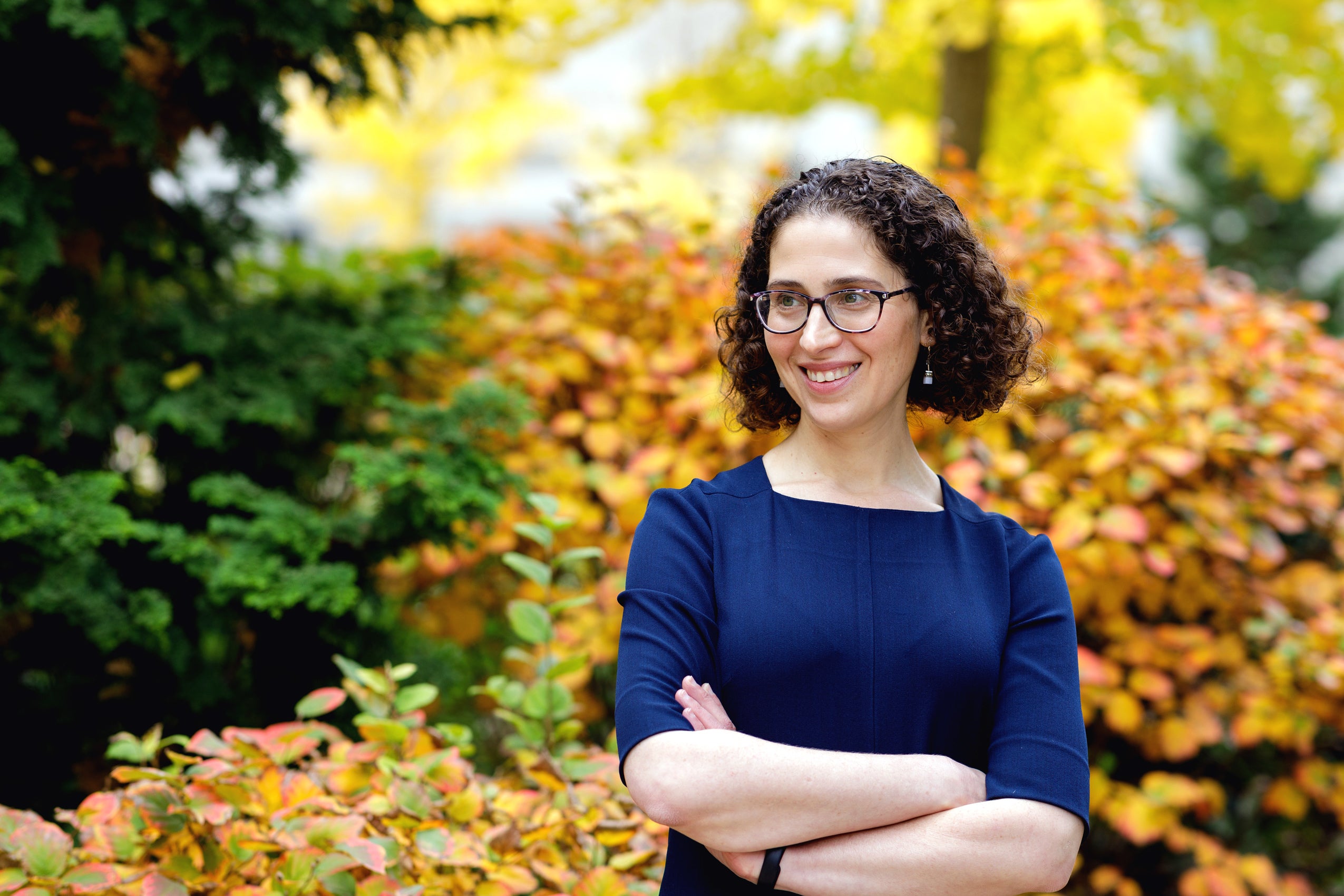
Lecturer Jim Tierney teaches the required clinical course, the Role of the State Attorney General, in the fall semester, and oversees and directs the clinic. Dana Pierce, Director of Externships in the Office of Clinical and Pro Bono Programs, coordinates the clinical placements with students.
This clinic is available in the fall, winter, and spring terms. Students may only participate in one term. Students may continue their winter work remotely from HLS during the spring term as an advanced clinical student if the placement and supervisor confirm that there is sufficient work to support additional spring clinical credits.
The fall and spring Government Lawyer: Attorney General Clinic offers students the opportunity to work with the Massachusetts Attorney General’s Office. Clinical student responsibilities include writing and research pertinent to the division in which they are placed. Potential divisions include the Criminal Bureau, Government Bureau, and Public Protection Bureau.
During winter term, students work in State Attorney General Offices around the country. Clinical work is full-time and care will be taken to place students in both states and divisions that meet their professional goals, although particular placements are not guaranteed. Winter term placements are in various divisions of a State AG office: environment, criminal trials and appeals, human trafficking, civil defense, opinion and consumer protection. Students have worked in many different states: California, Colorado, Illinois, Maryland, Michigan, New Mexico, New York, Rhode Island, and Texas.
Office of the Massachusetts Attorney General
How to Register
The clinic is offered in the Fall, Winter, and Spring semesters. You can learn about the required clinical course component, clinical credits and the clinical registration process by reading the course catalog description and exploring the links in this section.
Fall 2023 Early Drop Deadline: May 19, 2023
Spring 2024 Early Drop Deadline: September 1, 2023
Meet the Instructor

Jim Tierney
Director; Lecturer on Law
jtierney@law.harvard.edu
James Tierney is a Lecturer in Law at Harvard Law School. Since 2010, Mr. Tierney has taught courses on the role of state attorneys general and has directed the attorney general clinic. He taught a similar course at Columbia Law School from 2000 until 2016, where he was the Director of the National State Attorney General Program, and was a Visiting Lecturer in Law at Yale Law School in the Spring of 2018. He is currently the director of StateAG.org, which is an educational resource on the office of state attorney general. Mr. Tierney served as the Attorney General of Maine from 1980 until 1990. During those years, Mr. Tierney played an active role in the National Association of Attorneys General (NAAG) and served on its various committees. Since 1990 he has instructed newly elected state Attorneys General on the effective performance of their office and consulted for numerous offices of attorneys general on a host of structural, legal and ethical issues. Mr. Tierney has served as a Special Prosecutor in Florida, Pennsylvania, Minnesota and Vermont and, on behalf of NAAG, has authored an analysis of the operations of state grand jury practice. He travels regularly to visit in offices of attorney general where he conducts ethics seminars for attorneys general and their staffs. He received his J.D. from University of Maine, Portland, and his B.A., highest honors, from the University of Maine, Orono.
In the News
-
State attorneys-general are shaping national policy
Via The Economist The following passage is an excerpt; click here to read the full article. How did the attorney-general’s office come to be held by partisans who pursue flashy lawsuits rather than defending the laws of their states? The story dates back to a Supreme Court case on environmentalism. In the early 2000s non-profit groups,
February 15, 2024
-

4 Skadden Fellows selected from Class of 2023, all clinic alumni
Four members of the HLS Class of 2023 have been selected as recipients of the Skadden Fellowship, a two-year fellowship to pursue public interest law on a full-time basis. The Skadden Foundation launched the fellowship in 1988, in line with their mission aiming to expand the legal services available to economically disadvantaged communities by supporting
March 29, 2023
-

‘A sense of responsibility’ in state government lawyering
Keeping Tabs is a Q&A series that follows alumni on their careers after graduation, the lasting impacts of their clinical and pro bono experiences at HLS, and their experiences in a variety of sectors of law. Anna Lumelsky, Class of 2004, did not anticipate working as a government lawyer upon her graduation from HLS. After
December 12, 2022
-
New law school casebook for teaching about state attorneys general
By Clea Simon Via Harvard Law Today State attorneys general occupy a unique place in American jurisprudence. All 13 of the original American colonies had an attorney general, as do all 50 states as well as the District of Columbia today, and they collectively try more cases before the U.S. Supreme Court than any legal
June 21, 2022